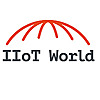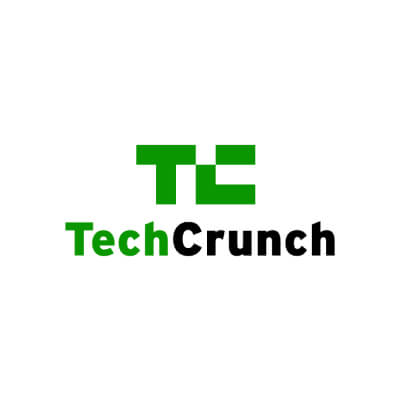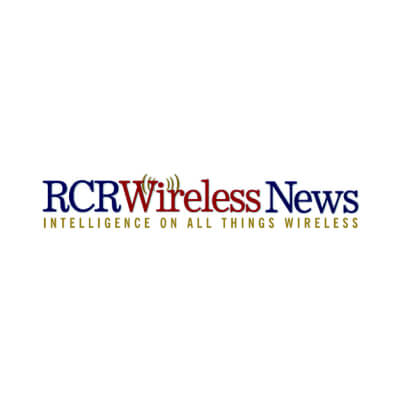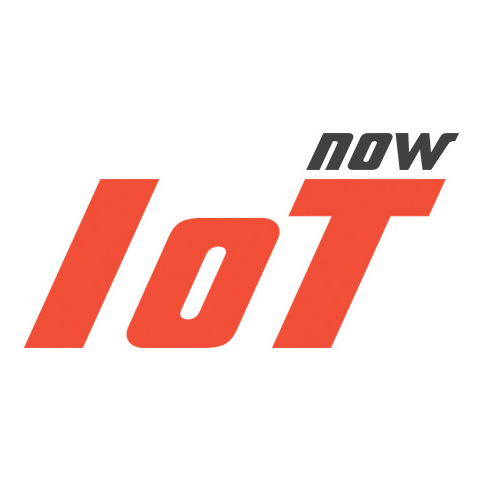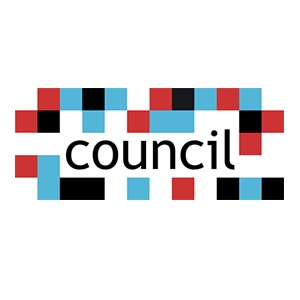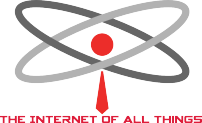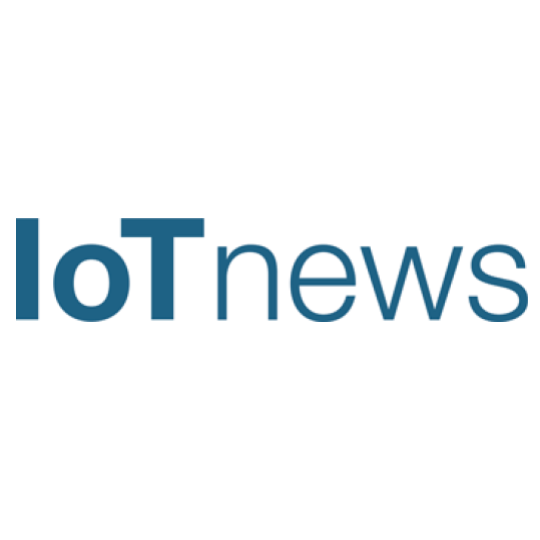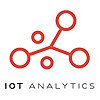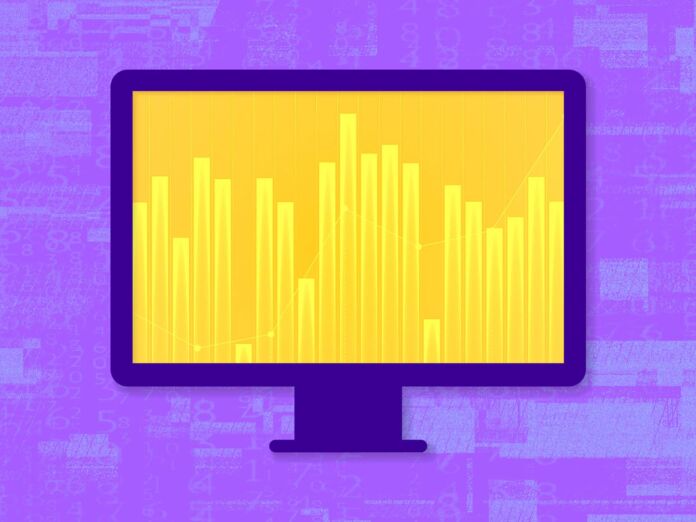
If you use the Internet of Things (IoT) devices to monitor or automate certain business operations, you may be wondering what to make of all the data those devices generate. This is where building an effective IoT dashboard comes into play.
Collectively, IoT devices across the globe will generate almost 80 zettabytes of data by 2025, according to International Data Corporation projections. A zettabyte equals a trillion gigabytes. In layman’s terms, we’re talking about oodles and scads and gobs of data.
At the business level, data collected from IoT-enabled devices could conceivably be entered into a spreadsheet, but data presented in this manner becomes overwhelming and even incomprehensible. A much better way to store and make sense of your data comes in the form of an IoT dashboard, which visually represents relevant data in such a way that you gain at-a-glance, actionable insights regarding your operations.
An effective IoT dashboard allows you to make data-driven decisions to optimize efficiencies, troubleshoot problems, and make other adjustments and improvements that could potentially impact profit margins. Let’s look at the build of an IoT dashboard and how you can build the most effective option for your needs.
Dashboard Design & the KISS Principle
Think about the dashboard display in your car. It doesn’t show you everything there is to know about the vehicle. Imagine how overwhelmed and distracted you would feel if it presented you with minutiae such as the condition of your tire tread, how many cubic inches of trunk space you’re using, the precise amount of antifreeze you have, the decibel level you top out at when singing along with the radio, and so on, ad nauseam.
All this information crammed onto your dashboard would make it difficult for you to drive and make important, time-sensitive decisions, like when to stop for gas. That’s why the dashboard display is limited to what you need to know to drive safely and efficiently: How much fuel do you have? How fast are you going? How many miles per gallon are you getting?
A well-designed IoT dashboard also only shows you data that you’ve prioritized per your business objectives, with the ability to pull up additional data points as desired. A well-designed dashboard prompts you to a view of data sets that you can select, creating an unfussy, easy-to-understand, and up-to-the-minute snapshot of in-field device and system-level performance.
Effective Dashboard Design
When it comes to selecting the best build and IoT dashboard for your organization, the first step is to define your business goals. Before requesting demos or engaging an IoT dashboard vendor, identify what you want to learn and achieve with the data you collect. Your business goals will determine the dashboard design you choose, as well as the type of data and performance indicators you need to track to meet your goals.
For example, if your business goal is to improve the efficiency of your manufacturing process, you might want to track equipment downtime, production output, and raw material usage. Another scenario might be an oil and gas company wanting to track performance by optimizing existing wells, improving oil recovery, and minimizing its carbon footprint or emissions.
Having defined your business goals, you can then determine which metrics matter most and how best to display them to facilitate decision-making. Then, you can look for a dashboard that has the necessary features and functionalities to help you meet your business objectives.
Dashboard Deliverables
IDC estimates there will be 55.7 billion connected IoT devices by 2025. The IoT dashboard and platform market, though still quite young, is growing exponentially. With an ever-increasing number of options, choosing which vendor and product will best support your business goals can be as easy as working with a leading IoT network provider.
You may hear the words dashboard and platform used interchangeably, so think of the dashboard as the user interface within an IoT platform that allows you to interact with your connected devices. The dashboard is both a control panel and a visual representation of key data your IoT devices collect.
The platform is the dashboard’s pre-built foundation. Platform-based dashboards are typically more practical than out-of-the-box dashboard solutions, provided the platform is well-engineered. And a well-built platform is, first and foremost, generic.
Generic Framework with Customizable Features
In the case of information technology platforms, “generic,” ironically, is a positive descriptor, synonymous with user-friendliness and adaptability. The lesson here is the less “generic” the platform, the greater the likelihood you’ll need to hire someone to configure your initial dashboard and reconfigure it time and again as your business strategy evolves.
The effective build for IoT dashboards is intuitive and interactive. They are not a data dump, but rather convey information hierarchically through charts and other data visualizations, enabling you to extract actionable insights, receive alerts, identify patterns and trends, make projections, and run various scenarios with the aid of built-in analytics and machine learning. If you want to dive deeper into your data, interactive drill-down and click-to-filter features guide you through multilayer displays.
Decision-Making Support
Designing an industrial IoT dashboard begins by defining what data you want to see and why. It’s an involved process, but the end result should be a simple data story, with key takeaways highlighted. Once you’ve created your ultimate IoT dashboard, you’ll gain a competitive edge for your organization as the intelligence embedded in your data is revealed and potentiated.




 New Episode
New Episode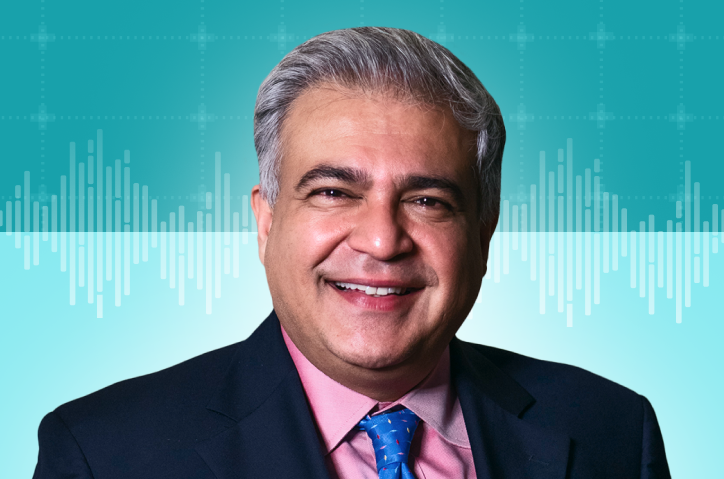


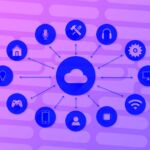


 Latest IoT News
Latest IoT News